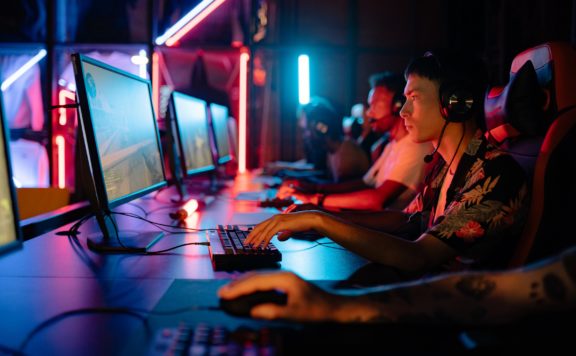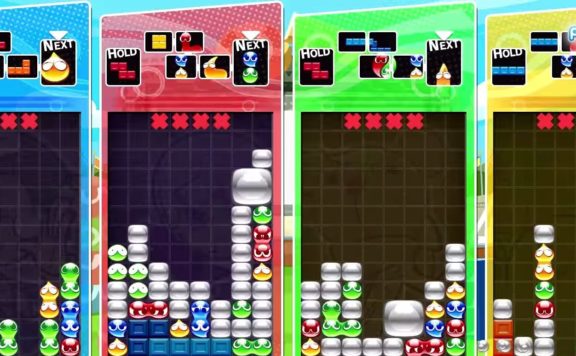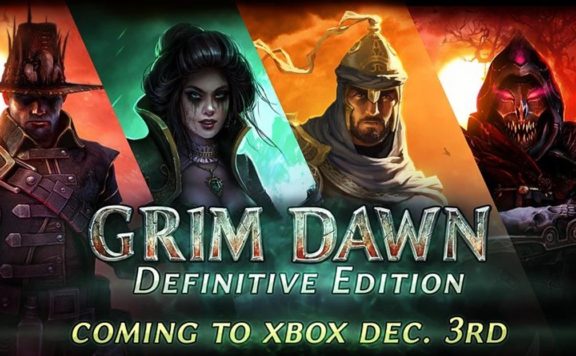For the most part, the discussion around Web 3.0 has been focused on areas outside of gaming, whether that’s finance, cyber security, or the business applications of the tech this term encompasses.
However, there are some intriguing possibilities posed in a gaming context, so if you want to be ready for the next interactive entertainment revolution, it’s time to take note of what Web 3.0 brings to the table.
How Web3 Could Create an Immersive Experience for Gamers
Today’s gamers are spoiled for choice when it comes to titles that offer eye-popping graphics and emotion-stirring soundtracks, but what if you could experience a game on another level entirely?
Enter Web 3.0 – a platform that uses blockchain and distributed ledger technology (DLT) to create deeper, more interactive gaming experiences.
By harnessing this power of DLT-based networks, developers can make their games even more immersive, enabling players to interact with items like weapons or vehicles within the game world using real-world money.
Players can trade virtual goods with each other in-game or transfer them elsewhere, thus opening game economies to wider markets. It could free us from the burden of loot boxes and microtransactions, or at least put us in the driving seat.
There’s even the promise that Web 3.0 will allow us all to participate in collective quests and challenges where teams of players from all over the world, without being bound by a single game world, platform, or infrastructure. Coming together to take on challenges in massively multiplayer, metaverse-spanning titles is almost within reach.

What Blockchains Can Bring to the Table in Video Games
As a cornerstone of the Web 3.0 movement, blockchain tech is influencing the way games are developed, hosted, accessed and experienced.
For starters, it can provide a secure environment where gamers can purchase and trade virtual items without fear of hacking or fraud because of its immutable ledger system. This is already disrupting the online gambling scene, where casino sites are shifting away from fiat currencies to handle transactions and take wagers, as covered in this BetPlay review.
In addition, blockchain-based games will also allow players to earn cryptocurrency rewards for playing specific levels or completing achievements within a game – something that could potentially be used as real money outside of the game world.
Then there’s the use of smart contracts, which enable developers and publishers alike to automate processes such as distribution deals and transactions between various parties. This means less time wasted on manual tasks, and so more resources can go into creating new content for us all to enjoy. The possibilities here are truly exciting.
Interoperability Across Multiple Platforms: The Future Of Cross-Platform Play
Playing against people on other devices hasn’t always been easy, and there’s still a lot of ring-fencing that goes on between different console brands, as well as PC.
Web 3.0 is set to change all that by introducing interoperable networks that allow players from any device or network to join and compete in the same game.
The power of decentralization opens up exciting possibilities for cross-platform tournaments, competitions, and more – allowing gamers worldwide to participate in a single event regardless of their hardware setup.
And because these networks are built on blockchain technology, they will be totally secure as well as incredibly fast. So you won’t have to worry about lag or connection issues while playing online – just enjoy your time gaming with friends like never before.
Final Thoughts
It’s worth noting that all of these claims about the future of Web 3.0 tech in a gaming context are contingent on developers and players alike actually adopting it. It needs ongoing momentum to thrive, and so it will be interesting to see







